It's unfortunate that whenever we speak, we're quickly dismissed as immature, but you all ain't reading this one right. What is unfolding between Chiwenga and Tagwirei is not a fragmentation of ZANU-PF, but a masterstroke in controlled contradiction, a deliberate internal dialectic designed not to collapse the party, but to consolidate its hegemonic hold. This is not a succession war; it is statecraft through internal spectacle. ZANU-PF, long adept at co-opting opposition, has now transcended that playbook, it has internalized its own opposition. It has become both thesis and antithesis, the ruling entity and its apparent dissenter, staging ideological friction as a distraction and weapon. In doing so, it colonizes the national discourse by ensuring that even dissent is about it.
This Tagwirei-Chiwenga binary, military, and capital, is not a contradiction; it is the synthesis. To treat it as a division is to misread the choreography. Zimbabwe is not witnessing a split but a staging, a deliberate theatrical production where ZANU-PF plays both protagonist and antagonist, thereby absorbing and neutralizing all external contestation. Chiwenga, symbol of the securocratic state, and Tagwirei, emblem of extractive elite capital, are not in conflict; they are in a power tango choreographed to keep Zimbabweans talking within ZANU's coordinates.
Once, during the Tsvangirai years, discourse had a bipolar structure: power versus opposition. That space has collapsed. The current opposition is not oppositional, it is epiphenomenal. It does not offer an antithesis; it offers commentary. It is now spectators of a ZANU-PF meta-game, locked in analysis of intra-party theatre instead of constructing an external alternative center of gravity. This is how ZANU-PF survives: not just by repression, but by total narrative absorption. It has hegemonized not only the institutions of power but the very imagination of what power is.
Today, the so-called "opposition" convenes digital panels not to articulate policy, organize society, or offer a counter-vision, but to decode the latest gossip in the ZANU drama. Their most productive energy is spent theorizing Tagwirei's intentions or Chiwenga's silence. This is intellectual capture. Political displacement. It is how authoritarian systems recycle themselves: by making sure that even critique becomes a form of flattery.
Let us be clear, ZANU is not divided between the military and capital. ZANU is a military-capital. ZANU is the merger. The attempt to separate the two is analytically naïve and politically barren. To speak of Tagwirei as one center and Chiwenga as another is to misread the nature of elite consensus under authoritarianism, a consensus not built on harmony but on choreographed tension, not on trust but on shared stakes in a captured state.
If the opposition is serious, it must exit this theatre. It must refuse to be the audience to ZANU's self-curated drama. It must build real infrastructure, ideological depth, organizational form, and community penetration. It must re-emerge as something outside of ZANU's discursive monopoly. Otherwise, it will remain where it is now: talking about power, but not contending for it.
- X
 Zimbabwe announces strict enforcement of axle load limits
Zimbabwe announces strict enforcement of axle load limits  SA decry 'non-existent' Beitbridge border post security
SA decry 'non-existent' Beitbridge border post security  Millions celebrate Diwali festival in India
Millions celebrate Diwali festival in India  Zimbabwe's dollar stock exchange surges 45%
Zimbabwe's dollar stock exchange surges 45%  Gold edges up as traders await guidance
Gold edges up as traders await guidance  Karo Platinum Project capex rises to US$546m
Karo Platinum Project capex rises to US$546m  Young Investment Professional (YIP) Graduate Programme 2019
Young Investment Professional (YIP) Graduate Programme 2019 
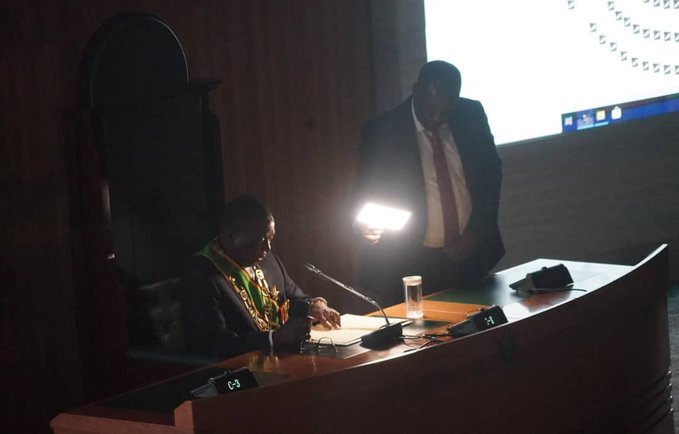

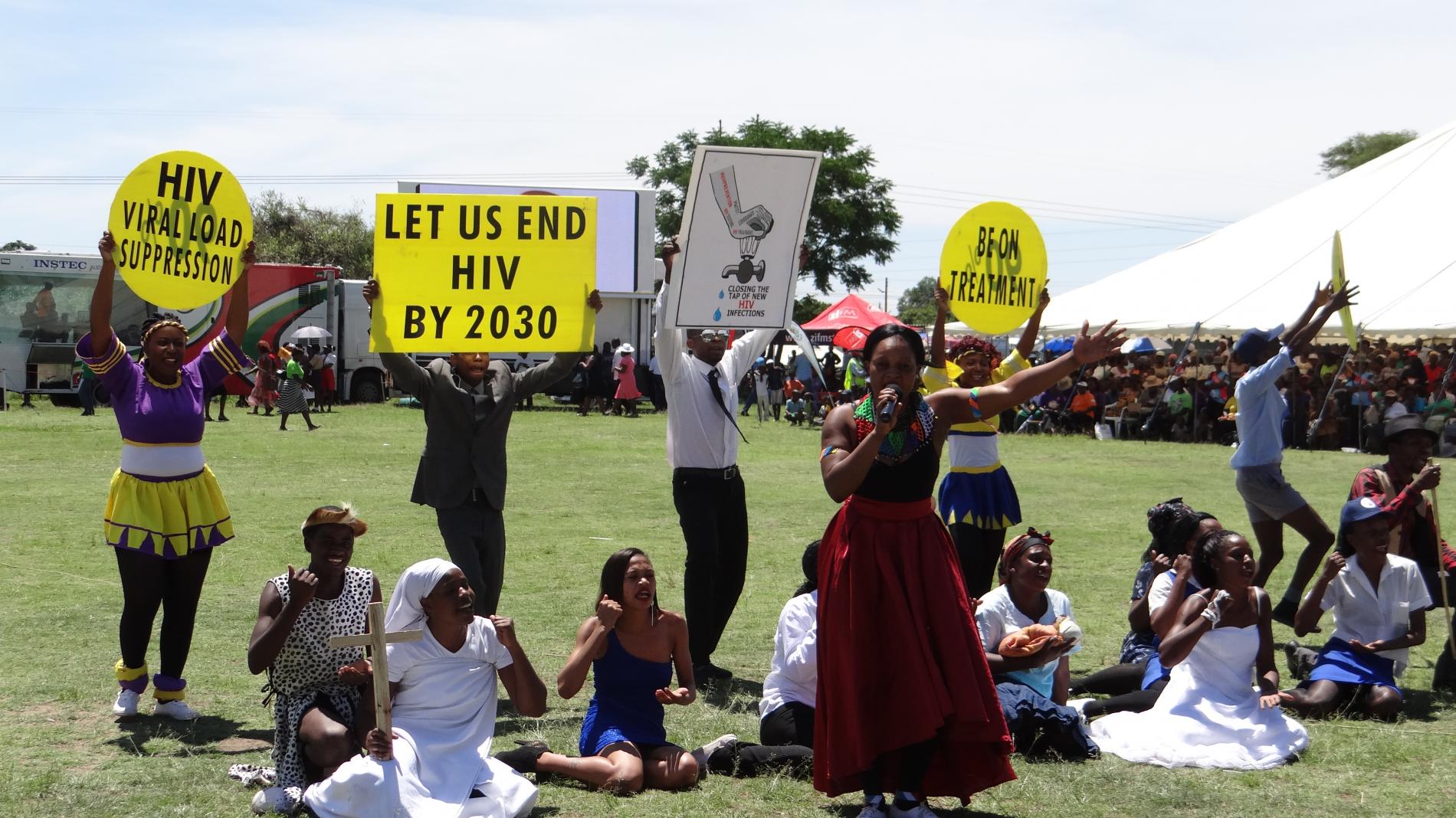
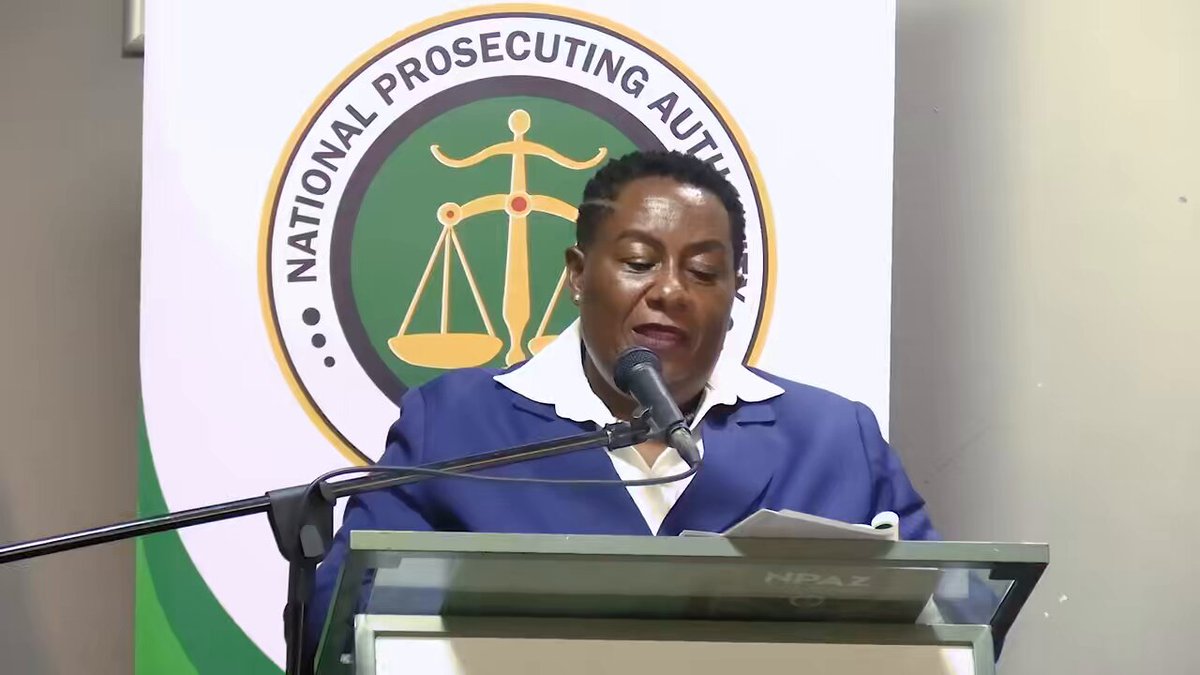


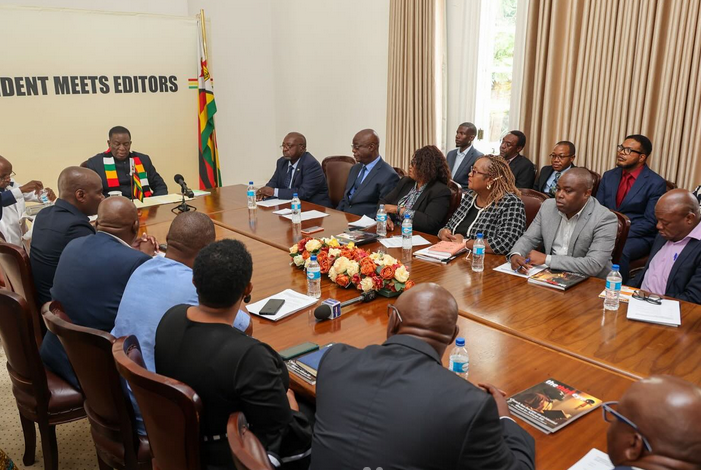
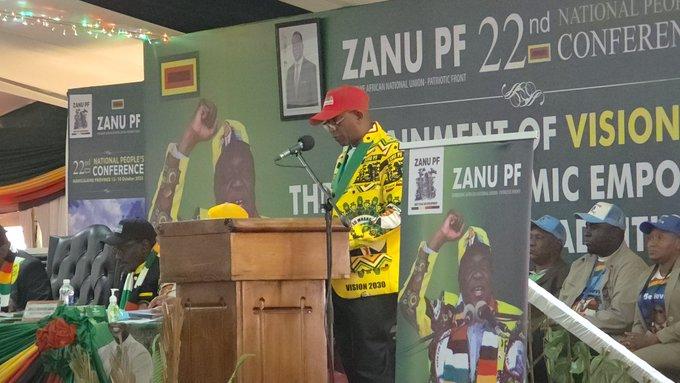


 Young Investment Professional (YIP) Graduate Programme 2019
Young Investment Professional (YIP) Graduate Programme 2019
Editor's Pick